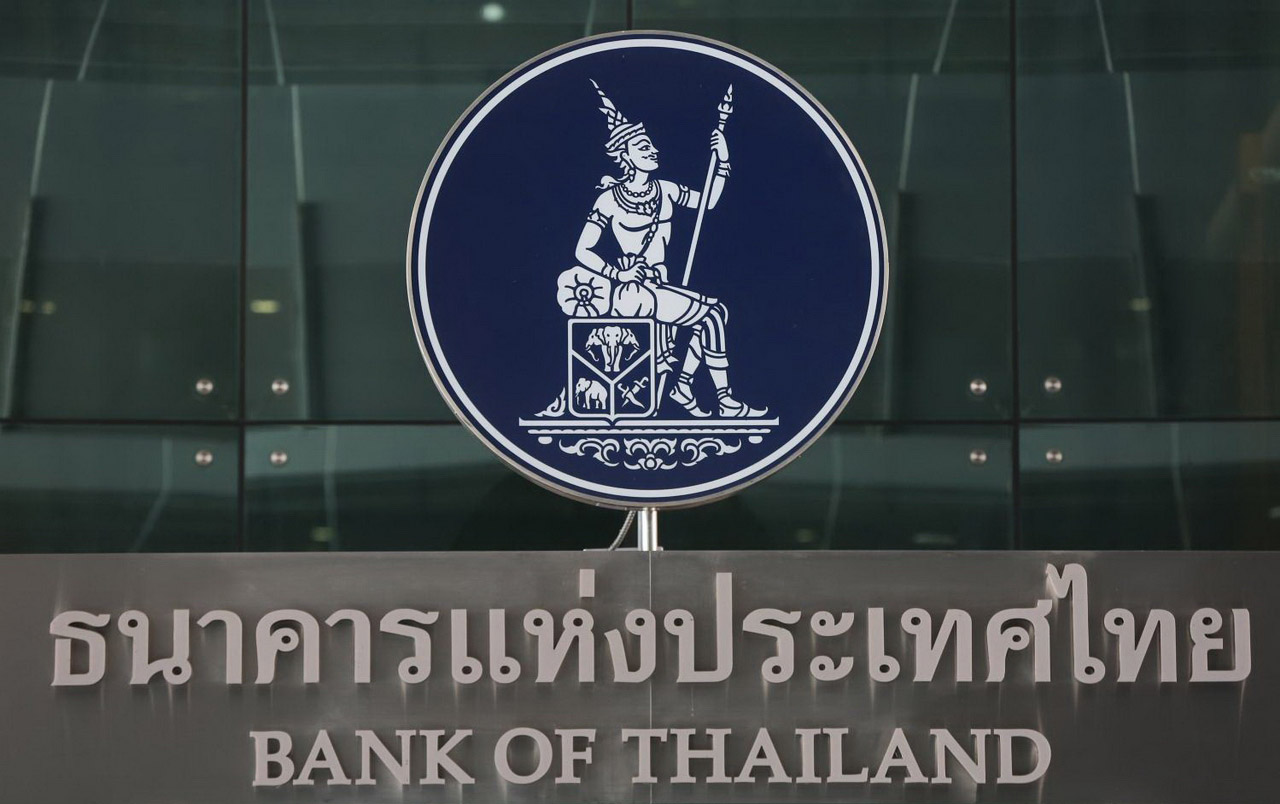Background of LIBOR Cessation
Interbank Offered Rates have been widely used as a benchmark interest rate for the pricing of cash and derivatives products.
The London Interbank Offered Rate (“LIBOR”) is the most prominent interbank offered rate, and is used in a wide range of banking products globally, including loans, credit cards, bonds and derivatives. LIBOR reflects an interbank interest rate which is calculated using the interest rate submitted by participating banks. However, many factors, including the manipulation of the rate by certain participating banks around the time of the Great Financial Crisis, has led to the gradual phasing out of LIBOR.
On 5 March 2021, the Financial Conduct Authority (“FCA”) – the regulator and the supervisor of the LIBOR benchmark – announced that all LIBOR settings will either cease to be provided by the administrator or no longer be representative.
This will occur in 2 phases, i.e. (1) immediately after December 31, 2021, and (2) immediately after June 30, 2023.
After 31 December 2021, the FCA announced that (1) all euro LIBOR settings, all Swiss franc LIBOR settings, the spot next, 1-week, 2-month and 12-month Japanese yen LIBOR settings, the overnight, 1-week, 2-month and 12-month sterling LIBOR settings, and the 1-week and 2-month US dollar LIBOR settings will permanently cease, and (2) the 1-month, 3-month and 6-month Japanese yen LIBOR settings and the 1-month, 3-month and 6-month sterling LIBOR settings will cease to be provided or, subject to consultation by the FCA, be provided on a synthetic basis and no longer be representative and that representativeness will not be restored.
The rest of LIBOR settings will permanently cease immediately after June 30, 2023, i.e. the overnight and 12-month US dollar LIBOR, and no longer be representative, i.e. the 1-month, 3-month and 6-month US dollar LIBOR.
What Will Replace LIBOR?
The market appears to be heading in the direction of using near risk-free rates (“RFRs“). RFRs are based on overnight repurchase rates or overnight deposit rates. However, there are some key differences in the basis of calculating RFRs and LIBOR:
- Timing for obtaining the rates: LIBOR is a forward-looking rate and therefore the rate can be fixed prior to the commencement of the interest period. RFRs is a backward-looking rate and therefore the rate will be based on actual transaction data and can only be fixed after the related period (i.e. at the end of after the interest period). As such, it will be difficult to determine interest ahead of time.
- Element of pricing: LIBOR is based on the notion that one bank is taking credit risk on the other for the relevant tenor, and this is reflected in the quoted rate. RFRs is a risk-free rate. Therefore, assuming risk is constant, the fixed margin applied to RFRs would be higher than under LIBOR.
- Publication: LIBOR is published on or about 11 a.m. London time. RFRs are published at different local times.
How does LIBOR’s Cessation Impact the Thai Market?
Currently, the Thai Baht Interest Rate Fixing (THBFIX) is widely used as a reference rate for floating rate products and used for mark-to market valuation. The major component for the calculation of THBFIX is USD LIBOR. However, THBFIX will be ceased after 30 June 2023.
The Bank of Thailand (“BOT”) has established the “fallback THBFIX” as a temporary measure to be used in replacement of THBFIX. The BOT will publish the fallback THBFIX for legacy contracts until the end of 2025.
In addition, the BOT and its steering committee have established the Thai Overnight Repurchase Rate or “THOR” as a new reference rate to be applied in cash products and derivatives products. THOR is calculated and determined from the volume-weighted average of qualifying transactions in the overnight private repurchase market. BOT recommended that any transaction which is entered into after 1 July 2021 should apply THOR as a new interest rate.
We note that THOR shares the same characteristics as other RFRs, i.e. it is a backward looking rate and calculated based on actual transactions. The rate is calculated by compounding the daily overnight rates of the interest period, excluding the payment date. Thus, the interest due is only known on the last day of the interest period. This could affect the term of the repayment as a lender or a facility agent may not have sufficient time in calculating and settling interest payments. In this aspect, BOT has introduced certain mythology for application of THOR, e.g. plain method and in arrears method. The most recommended one is known as ‘5 Business Days Lookback with observation shift ‘.
The compounded THOR in this methodology will be calculated from the beginning of the interest period and end on 5 business days prior to the interest period. This would give some time for a lender or facility agent to prepare the settlement and the borrower to prepare for the payment.
Documentation – Next Steps
Contracts which now apply LIBOR or THBFIX as an applicable interest rate will be affected given that the certain reference rates will be absent after 30 June 2023.
It is recommended that the parties check whether the contracts include a fallback position in the event the applicable rate ceases, e.g.:
- whether the existing contract has already included a “Market Disruption” provision to be applied in the event of absence or cessation of the interest rate and whether it captures the event of LIBOR cessation
- what rate shall the parties apply if Market Disruption occurs
- how long will that rate be applicable
- the steps the parties need to take in order to find an alternative rate
In addition, for contracts that will be entered into before June 2023, or those existing long term contracts which will continue for many years after the cessation of LIBOR, it is recommended that the parties should start discussing the effect of applying RFRs (or THOR) in place of LIBOR (or THBFIX).
Finding a clear position on how to mitigate all risks from such change may take some time. In the meantime, it is advisable that the parties should include the fall back provision in the contracts by adding:
- clear trigger events, i.e. the definition of the Screen Rate Replacement Event as recommended by LMA/APLMA
- the waterfall steps to occur when the new rate is selected, i.e. THOR and its methodology in applying THOR
- spread adjustment waterfall that will make the new rate similar to LIBOR
- ability to make conforming changes
It is worth noting that the parties may incur costs and expenses in amending existing contracts and therefore the parties need to check the terms under the contracts who shall be responsible for costs in this case. For costefficiency, in order to determine whether the contract should be amended, several factors including remaining term loan, taxes and fees should be taken into account.
For more information and queries on the bidding submission, please contact the key contact person(s).

Jessada Sawatdipong TEL+66-2-009-5000 Ext. 3102 |

V. Joseph Tisuthiwongse TEL+66-2-009-5000 Ext. 3109 |

Tip-apa Limvichai TEL +66-2-009-5000 Ext. 3109 |

Varisa Soonyakanit TEL +66-2-009-5000 Ext. 3105 |
Chandler MHM Limited
36th Floors Sathorn Square Office Tower 98 North Sathorn Road Silom, Bangrak, Bangkok 10500, Thailand
chandlermhm.com




























































 Chandler MHM Limited
Chandler MHM Limited Jessada Sawatdipong
Jessada Sawatdipong






